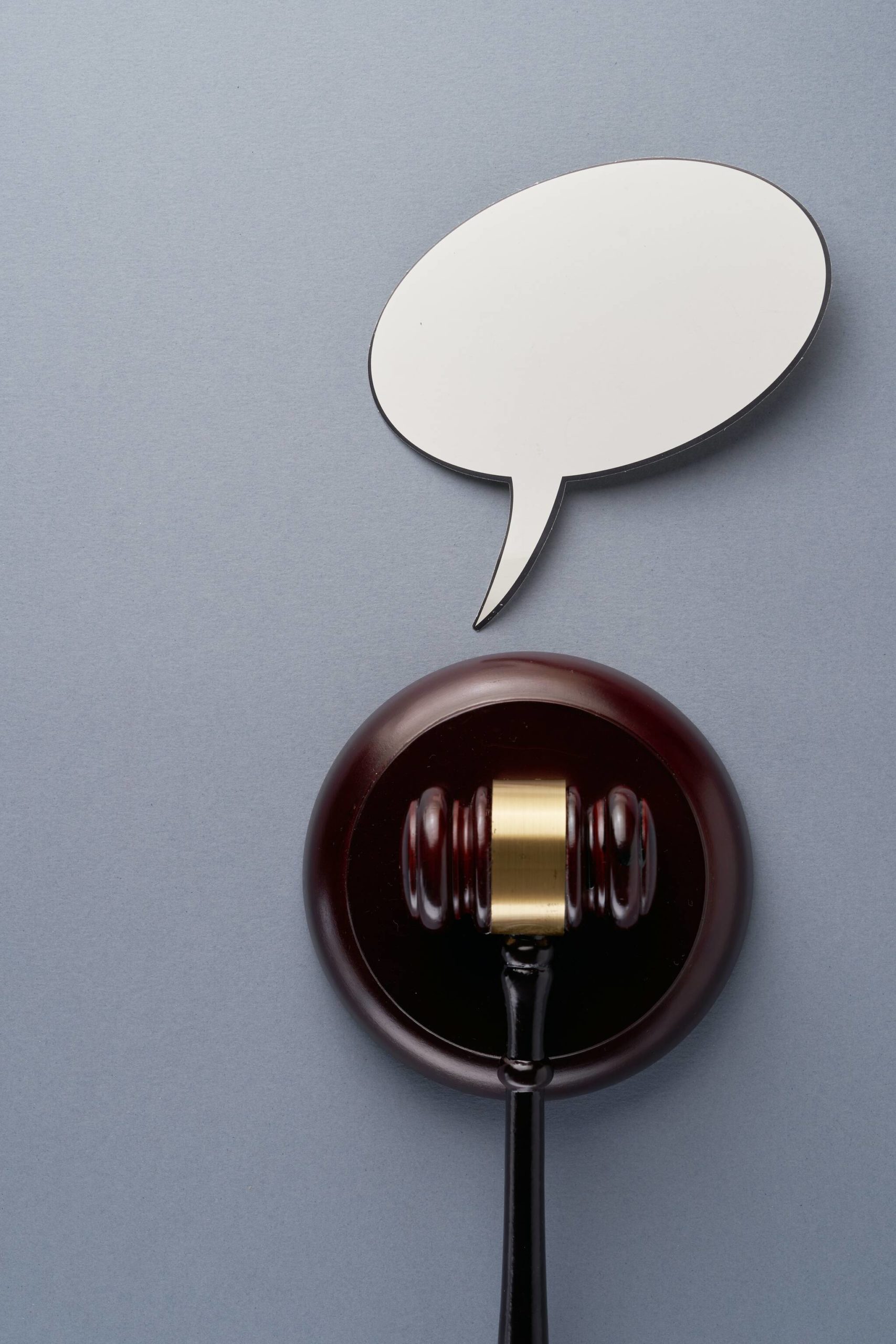Last week, the Alaska Supreme Court heard the appeal of a case in which Gov. Mike Dunleavy purported to be defending the free speech rights of state employees. Much earlier, in two separate lawsuits filed in federal court, Dunleavy was found to have violated the free speech rights of three state employees.
The difference is these cases should serve as an instructive warning. The defense of free speech for my team but not for others is shredding its vital connection to the Constitution’s Equal Protection Clause.
In an Administrative Order issued in August 2019, Dunleavy directed new procedures be developed for state employees who opt-in to belong the public employee unions. They’d be required to sign a statement acknowledging they did so “freely and without any coercion whatsoever,” that they were waiving “their First Amendment right not to pay union dues and fees,” and that they were “freely associating” themselves with the “union’s speech activities.”
The case stems from the 2018 U.S. Supreme Court ruling in Janus v. AFSCME. It struck down state laws allowing public employee unions to collect “agency fees” from non-union members.
Dunleavy’s order was based on a legal opinion written at his request by Kevin Clarkson, the attorney general at the time. Quoting from a prior 9th Circuit Court ruling, Clarkson wrote that waiving one’s constitutional rights is only voluntary if “it was the product of a free and deliberate choice rather than coercion or improper inducement.”
It’s important here to note that public employee unions overwhelmingly support Democratic candidates and contribute little or nothing to the Republican Party. If it was the other way around, it’s unlikely that Dunleavy would have been at all concerned about making sure employees understood their constitutional rights regarding union dues and fees.
After state employee unions sued to block implementation of Dunleavy’s order, Anchorage Superior Court Gregory Miller ordered a temporary halt to its implementation. Last February, he ruled that the Dunleavy “breached the collective bargaining agreement” and “the implied covenant of good faith and fair dealing” between the unions and the state. He also stated Dunleavy violated the constitutional separation of powers, the Public Employees Relation Act, and the Administrative Procedures Act.
How far Dunleavy will go to defend the rights of free speech and association for members of his team? He appealed even though the state’s own attorney acknowledges his position has been rejected by courts across the country.
Two psychiatrists and Juneau attorney Libby Bakalar got the opposite treatment from Dunleavy. They lost their jobs for not sharing his political views.
In a lawsuit filed by the psychiatrists at the Alaska Psychiatric Institute, U.S. District Judge John Sedwick ruled that the Dunleavy fired them for refusing “to endorse or pledge allegiance” to his political agenda.
Bakalar was an assistant attorney general in the Department of Law. Privately, she frequently expressed negative opinions about President Donald Trump in a self-published blog. According to an investigator hired by the state, her writing “can be interpreted to evince a liberal or progressive worldview.”
Sedwick determined Dunleavy lacked “adequate justification for treating [Bakalar] differently from other members of the general public.” And the firing violated her “free speech and associational rights under the federal and state constitutions.”
Dunleavy isn’t the only Alaska Republican taking a tribal approach to our First Amendment rights. Sen. Lora Reinbold, R-Eagle River, and Rep. Kevin McCabe, R-Big Lake, have been sued by people who they blocked from posting criticisms of them on their Facebook pages. The plaintiffs are relying on a unanimous appeals court ruling that then-President Donald Trump violated the First Amendment rights of Twitter users he blocked for being critical of him.
Intolerance of differing political views is certainly not confined to the political right. More than a few supposedly progressive institutions, particularly private and public universities, are plagued by an authoritarian desire to enforce their ever-changing lexicon of political correctness.
“The advancement and diffusion of knowledge is the only guardian of true liberty” James Madison argued two centuries ago. But a society structured around dueling echo chambers encourages neither the growth nor the spread of new ideas. Instead, it empowers an inbred cast of characters willing to defend liberty for only their like-minded followers.
• Rich Moniak is a Juneau resident and retired civil engineer with more than 25 years of experience working in the public sector. Columns, My Turns and Letters to the Editor represent the view of the author, not the view of the Juneau Empire. Have something to say? Here’s how to submit a My Turn or letter.

